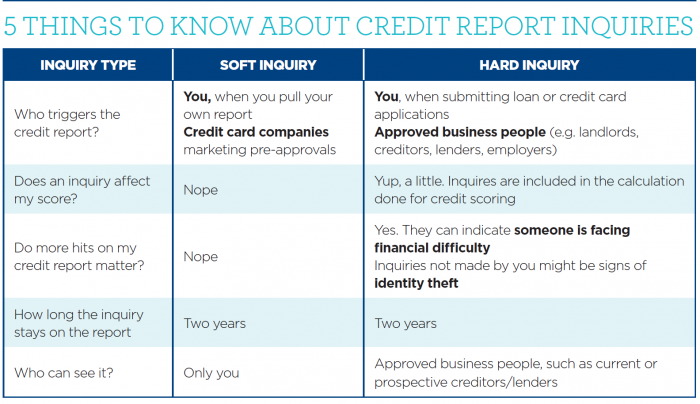
Getting the Down Payment Down.
A down payment is one of the most essential aspects of every mortgage application and new home purchase. In Canada, home purchases require a minimum cash payment from your own funds that is put towards the purchase. This is your down payment and is considered your stake in the deal.
Many home buyers understand that a certain amount of money down will be required on a home. However, most don’t realize the ins-and-outs of down payments, such as where the funds are allowed to come from and ensuring a proper paper trail.
Here are a few things to keep in mind while preparing your down payment and working towards your perfect home!
SOURCES OF DOWN PAYMENT
Most home buyers are aware that they will require a certain amount of money for a down payment. What many do not realize, is that lenders are required to verify the source of the funds. This allows them to ensure that they are coming from an acceptable source. Sources that further contribute to indebtedness are less-likely to be considered (such as line of credit or credit card). Instead, the best and most traditional options for your down payment are:
SAVINGS ACCOUNT
The first and most traditional method is your savings account, where you have been pinching your hard-earned pennies to save up for this day!
If you are utilizing your personal savings for a down payment, note that lenders will require three months of full bank statements. This includes name, account number, transactions and balance history. For any large deposits made in that time (sale of a car, work bonus, etc.), explanations and supporting documents will be required.
GIFT FROM FAMILY MEMBER
If you are fortunate enough to receive help from the Bank of Mom and Dad for your down payment, there are certain requirements:
- A signed gift letter from the immediate family member contributing the fund
- Proof of the transfer into your bank account. This can be a bank statement documenting the money being moved from the donor’s account and into yours. The statements must include names, account numbers and the full transaction history during the time period in question.
- Important note: If money is being received from immediate family overseas, most lenders will require copies of the wire transfer. In addition, they may ask for account history.
RRSP WITHDRAWAL
Another option for down payment is the use of Registered Retirement Savings Plan (RRSP), but only if you are a first-time buyer. This is part of the Home Buyers’ Plan (HBP), which allows first-time buyers to borrow up to $35,000 from their RRSP’s (tax-free!) -as long as the money is repaid within 15 years. Please note: The minimum repayment is 15 equal instalments paid once per year.
HOW MUCH DOWN?
When it comes to putting money down on your new home, you need to consider the minimum down payment required as well as additional fees.
The minimum amount required in Canada is 5% for the first $500,000, with 10% down on any amount beyond that threshold. For example, on a $600,000 house you would need to put $35,000 down at minimum ($25,000 on the first $500,000 and $10,000 for the additional $100,000 purchase price).
Keep in mind, if your down payment is less than 20% of the price of your home, you will be required to purchase mortgage loan insurance in case of default. These premiums range from 0.6% to 4.50% of the total amount of your mortgage. Using the example above, this would mean $3,600 to $27,000 in mortgage insurance premiums.
If you are able to put 20% down on your new home (which is the recommended amount), you would be looking at an investment of $120,000 down with no mortgage insurance premiums required.
ADDITIONAL COSTS AND FEES
One component of the purchase process that homeowners often forget about, are the closing costs. These are typically 1.5% up to 4% of the purchase price. In order to get financing, you are required to show that you have enough to cover these costs, which include legal fees.
When you have collected the funds for your down payment and closing costs, you must ensure those funds remain in your bank account once you’ve provided confirmation. They should only leave your account when they are provided to your lawyer to complete the purchase. This is because lenders will often request updated statements closer to the closing of the sale, to ensure nothing has changed. If money has been moved around, or if there are new large deposits or withdrawals, they will all need to be confirmed and could affect approval.
The last thing that anyone wants when purchasing a property is added stress or for something to go wrong late in the process. Consider contacting a DLC Mortgage Professional today to help guide you through the process! Make sure you are upfront about your down payment amount, and where it is coming from. This will help a mortgage broker determine whether or not it is suitable, and allow them to find the best lender and mortgage product for you!
Published by our DLC Marketing Team




